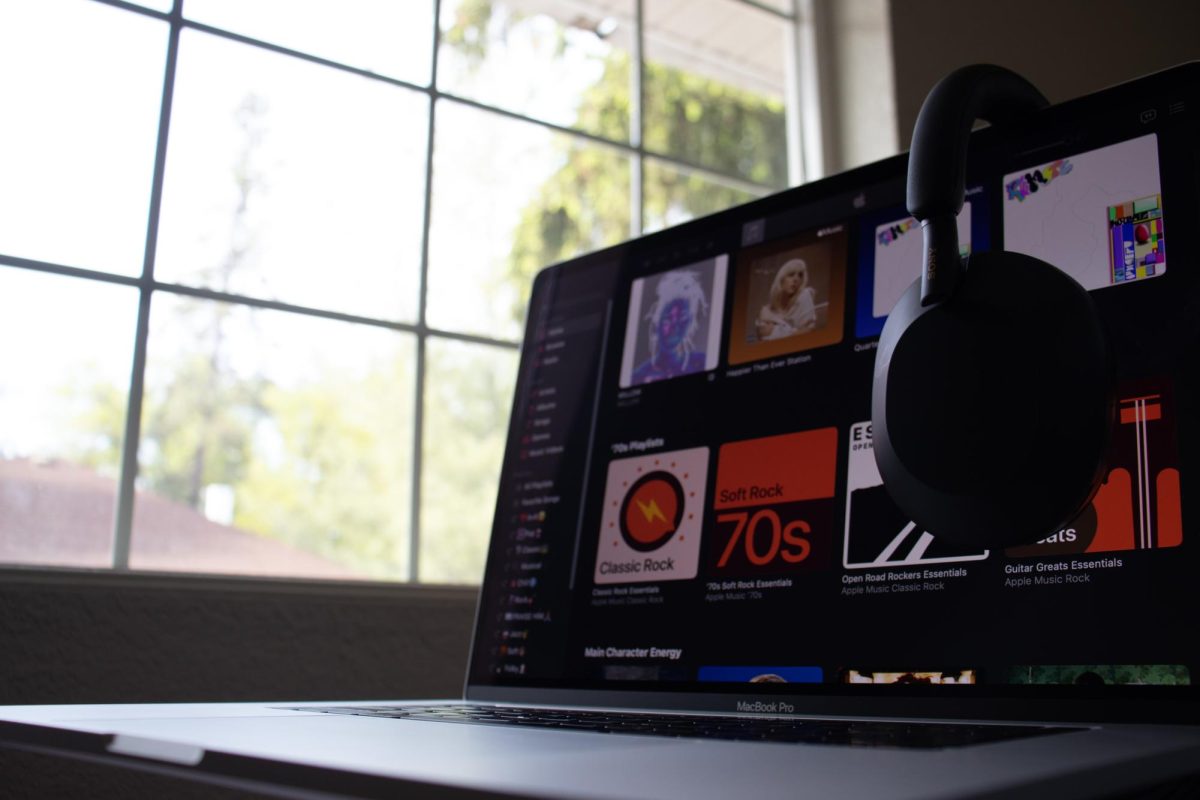by Emily Goodell
Tobin Miller Shearer, African-American Studies director at the University of Montana, presented the lecture, “Why Ferguson Matters to Whitworth: the Importance of Black History to Us All” last Tuesday in the Robinson Teaching Theatre.
“The connection between Ferguson and Whitworth is made by the problem of kindness,” Shearer said.
In the aftermath of Ferguson and other racial crises, Shearer said that there is a need for white Christians like himself and a majority of the student body at Whitworth to reexamine the ways they deal with racial situations.
Shearer began the lecture by presenting a long list of unarmed black men killed by police, including Michael Brown, Eric Garner and Trayvon Martin.
“The long list represents the all-too-familiar history of racial crisis in this country,” Shearer said.
He contrasted the list with a very short list of the criteria needed to be a Fresh Air Fund host. The Fresh Air Fund program takes kids, mostly ethnic minorities, from the city and allows them to spend about two weeks in the country with a host family. The criteria to be a host is simply that they are kind.
Shearer said that although the program means well, the kindness presents more problems than it solves.
“The short list represents the limited breadth of response to those crises,” Shearer said.
Shearer said that the kindness white families show toward those children only reinforces the power dynamic. By taking the children out of a “harmful” environment and putting them into a “positive” environment, they reinforce that the white hosts are superior while participants are inferior. Their kindness is also limited. There is an age limit and a time limit, as well as the fact that the program is one way, not an equal exchange.
He said that the way Christians commonly approach any negative racial situation is with “the hammer of kindness” as the only tool in their toolkit. Shearer advocates that instead of just focusing on kindness and relational diversity during racial crises that individuals should focus of the problem while not in crisis.
Junior Ruth Wabula was pleased with the presentation and the effect it had on her.
“I like the way he put the whole notion of kindness. He presented it in such a way that it didn’t make people defensive,” Wabula said
Shearer said that the most common question he is asked by Christians wanting to make a change is, “How can our congregation or college become more racially integrated?” He said that is the wrong question.
“I think that the question, ‘How can a white congregation or college become integrated?’ is ultimately unproductive and leads to the same traps of kindness and crisis that I have already described,” Shearer said. “Instead, I think the more appropriate question is to ask, ‘How can white congregations and colleges equip their members to resist racism when crisis is not unfolding?’”
Shearer offered advice on how to make a difference.
“Open yourselves to deeper examination of how Christians can be part of the solution rather than part of the problem. Recognizing that we have a history of being part of the problem is the first step,” Shearer said.
Junior Marianne Sfeir was also glad that Shearer gave the presentation.
“This is something that we’ve been needing to hear. It challenges our paradigm of what it means to be socially responsible and civically engaged Christians,” Sfeir said.
Shearer ended his lecture by giving the audience some more tools for their toolboxes.
“I long to see institutions like Whitworth become places that equip their students and that are themselves equipped to respond to racial crisis with the pliers of racial analysis, the vice-grips of spiritual discipline, the rip saw of action and the ratchet set of Black history,” Shearer said.







 Spokane?
Spokane?